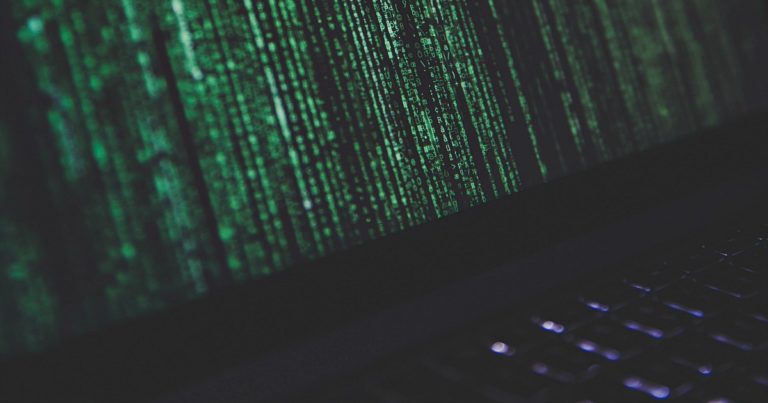The year is 1914. First year of World War I and the farmers who grew “cannabis” in exchange for American dollars… Keep this in mind and keep reading.
Industrial hemp is not just an agricultural plant.
It’s an antidote for oil and the dollar.
HOW IS IT FORBIDDEN?
1. One hectare of hemp produces oxygen as much as 25 hectares of forest.
2. Again, one hectare of hemp can produce the same amount of paper as 4 hectares of trees.
3. While hemp can be turned into paper 8 times, a tree can be turned to paper 3 times.
4. Hemp grows in 4 months, tree in 20-50 years.
5. Cannabis is a real radiation trap.
6. Cannabis can be grown anywhere in the world and it needs very little water. Also, since it can keep insects away, it doesn’t need pesticides.
7. If textiles produced from hemp become generalized, the pesticide industry could disappear completely.
8. The first jeans were made of hemp; even the word “CANVAS” was the name hemp products get. Hemp is also an ideal plant for the production of ropes, laces, handbags, shoes and hats.
9. Reduces the effects of chemotherapy and radiation in the treatment of cannabis, AIDS and cancer; used for at least 250 diseases such as rheumatism, heart, epilepsy, asthma, stomach, insomnia, psychology and spinal stiffness.
10. The protein value of hemp seeds is very high, and the two fatty acids they contain are found nowhere else in nature.
11. Cannabis production is even cheaper than soy.
12. Animals that eat cannabis do not need hormone supplements.
13. All plastic products can be made from hemp, and hemp plastic is very easy to return to nature.
14. If a car body is made of hemp, it will be 10 times stronger than steel.
15. It can also be used for insulation of buildings; it is durable, cheap and flexible.
16. Soaps and cosmetics made from hemp do not pollute water, so they are completely environmentally friendly.
In America in 1918, for a century, its production was mandatory, and the farmers who did not produce were closed. But now the situation has turned upside down. FROM WHERE ?
- B. R. Hurst owned newspapers, magazines and media in the United States in the 1900s. They had forests and produced paper. If paper was made of hemp, it could have lost millions.
- Rockefeller was the richest man in the world. He was an oil company owner. Biofuel, hemp oil, was, of course, his biggest enemy.
- Melon was one of the leading shareholders of the Dupont company and had a patent for the production of plastic from oil derivatives. And the cannabis industry has threatened its market.
Melon later became President Hoover’s finance minister. These big names decided at their meetings that cannabis is the enemy and they removed it. Through the media they have engraved marijuana into people’s brains as a poisonous drug, along with the word marijuana.
Cannabis drugs have been removed from the market, replaced with chemicals used today.
Forests are cut for paper production.
Plague poisoning and cancer are on the rise.
And then we fill our world with plastic waste, harmful waste.




